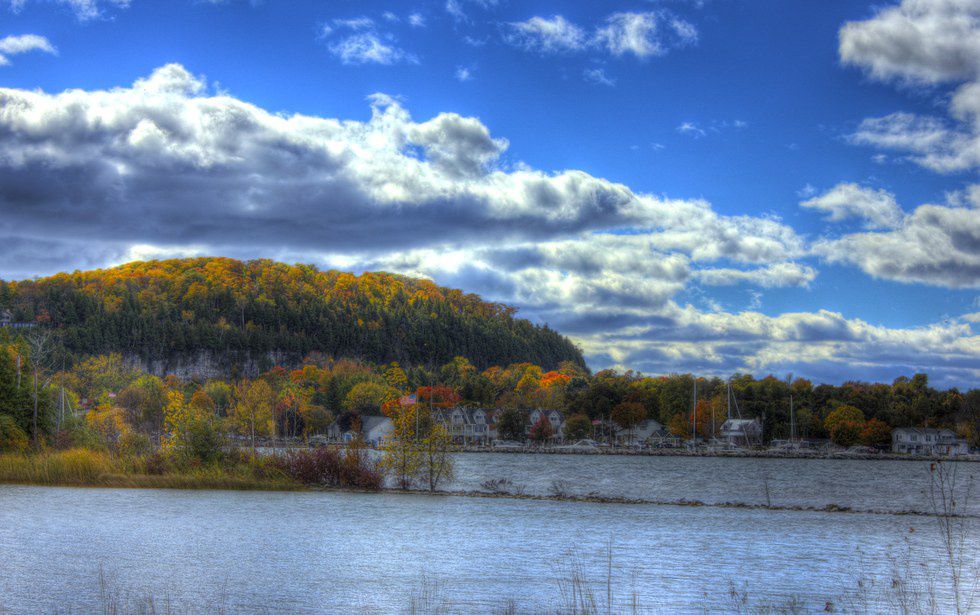What's happening to Wisconsin's DNR?
Wisconsin’s Department of Natural Resources, or more widely known as the DNR, has the responsibility of monitoring and preserving the the state’s environment. Their mission statement includes “promoting a healthy,sustainable environment,” by working with the citizens of Wisconsin to manage wildlife, fishing, and hunting throughout the state. But unfortunately, the DNR is unable to fulfill its commitments due to the state’s harsh budget cuts and job losses.
Governor Scott Walker’s proposedcuts to the Department of Natural Resources were adopted in May of 2015 in order to help pay off debt that had been postponed and had accumulated from the economic recession. Overall, 80 DNR jobs were lost, eliminating over half of the senior science staff and restricting land purchases for conservation. The Joint Finance Committee had proposed to slice the land borrowing stewardship from $50 million to $33 million a year, reducing the preservation of parks along with land for hunting and hiking.
While cutting from the DNR may seem initially as the easiest and least important resource to cut; the long-lasting, environmental percussions are incurable.
Today Wisconsin’s DNR has become notorious for being lax and unresponsive to major contaminating issues. A Legislative Audit Bureau report found in June that theDNR was inconsistent with upholding its own regulations and within the past decade has only sent out 33 notices of the 558 violations that have occurred. The DNR was neglecting its own policies and not properly regulating permits, large farms, and wastewater treatment plants. The agency is no longer able to fully regulate activity in the state because it does not have the team and support needed to function properly.
The DNR continues to becut today. Governor Walker’s proposed budget for 2017-19 includes eliminating another 9.5 positions at the agency. These federal positions being lost include the quality of lake water, managing the Bureau of Drinking Water and Groundwater’s internet information, and working to restore the Great Lakes surroundings and environment. Cutting more from environmental efforts in Wisconsin in the end will help no one. By not properly funding the agency, research and preservation is lost.
At a time when mega CAFO farms are spreading, the DNR is desperately needed by the people of Wisconsin to protect the state’s land and waterways. An announcement at the end of November declared the DNR was no longer going to be in charge of writingpermits for large farms. While this step may put more initiative on corporations and landowners, the DNR is essentially giving up one of its main administration components. The DNR is unable to do its full and given job because of governmental defunding.
The DNR is not the one completely at fault for these errors and regulatory missteps though. They are unable to fully administer properly due to the low budget they are given. Asking the DNR to uphold and monitor such high standards under these conditions is the same as asking a car to drive from California to Texas on one tank of gas: it can succeed as much as it is supported. Wisconsin’s natural resources and environment, and therefore the people, are a causality due to the negligence of funding Wisconsin’s Department of Natural Resources.




















